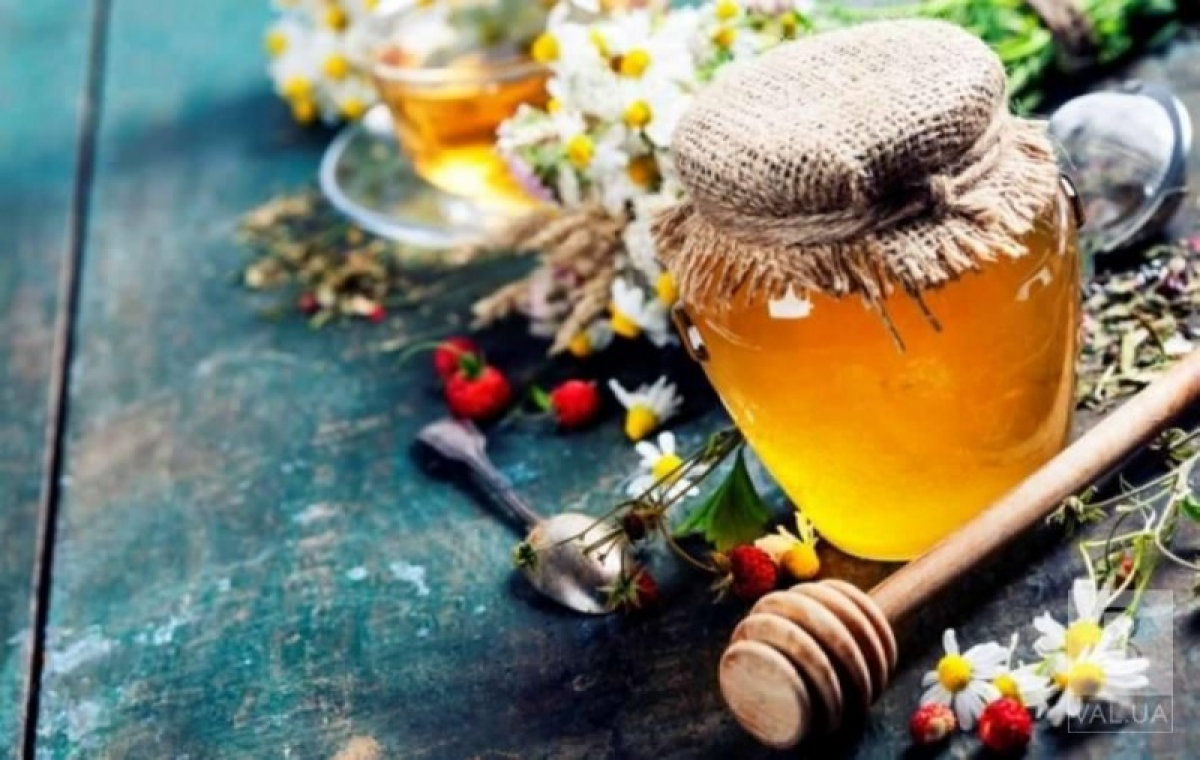Makoviy or Honey Savior: the date of celebration, what you can and cannot do on this day
31 July 2024 17:43
Honey Savior or Makovia is considered one of the most important religious holidays for believers. The Honey Savior is the first of the three Savior’s feasts celebrated in August, which honour the Saviour. The feast of Macarius has Byzantine origins, where it was established around the ninth century. This holiday also marks the beginning of the Dormition Fast, which will last until the Dormition of the Blessed Virgin Mary, which falls on 15 August.
Feast of Maccabee 2024: date of celebration
In September last year, the Orthodox Church of Ukraine (OCU) and the Ukrainian Greek Catholic Church (UGCC) switched to the New Julian calendar, so Maccabiah or Honey Savior in 2024 is celebrated on 1 August. According to the old style, this holiday was celebrated on 14 August, so this year believers will need to prepare for the celebration of Makoviy earlier.
What does the feast of Maccabees mean: history and traditions
The feast of Maccabee, officially called the bringing out of the fair branches of the Life-Giving Cross of the Lord, has deep historical and religious roots. It was established around the ninth century in Constantinople as a local holiday, but in the twelfth and fourteenth centuries it spread to all Orthodox churches.
The holiday was based on the transfer of a part of the Holy Cross from the imperial palace to St Sophia’s Church. According to legend, in August, a terrible epidemic raged in Constantinople, and to save the city and its inhabitants, a part of the cross on which Jesus Christ was crucified was taken from Hagia Sophia. It was carried around Constantinople for two weeks to ward off disease and purify the city from evil spirits, which, according to ancient beliefs, brought epidemics. All the water bodies and wells in the capital were also blessed with this cross. This ritual had a miraculous result – the epidemic receded. Since then, the bringing out of the holy branches of the Life-Giving Cross has been celebrated on this day.
The holiday is popularly known as the “Honey Savior” because it is the day when churches bless herbs, honey, water, and hold religious processions to water bodies. Traditionally, honey harvesting from hives begins during this period, which indicates the special significance of this holiday for beekeepers and beekeepers.
Another name for the holiday – Makoviya – comes from the seven martyrs of the Maccabees, their mother Solomon and teacher Eleazar, who lived in 166 BC and died for their faith in the Lord. on 1 August, the church honours their memory. People believe that it is during this period that the poppies begin to ripen in the fields, so the name of the holiday was formed by superimposing the word “poppy” on the name Maccabee.
What is celebrated on Makoviy
On this day, believers bring a jar of new-harvest honey, poppies and water to church. It is believed that the consecrated honey should be left in the church as an alms. Some housewives also prepare various delicacies from honey and poppy seeds, which are then blessed in the church.
It is believed that water blessed on the Honey Savior has healing properties. In this regard, small water blessings are held in churches. According to believers, in order to protect themselves from disease, after the blessing of festive foods, one should eat a spoonful of honey and drink three sips of blessed water.
Also on Makovii, amulet bouquets are blessed, which are popularly called “makoviychyk”. Such bouquets must include large ripe poppy heads, which are usually complemented by wild herbs and various flowers. In total, such a bouquet should contain 17 herbs and flowers, namely:
- mint
- wormwood
- oats or wheat, rye;
- oregano
- st. John’s wort
- immortelle;
- marigolds
- cornflowers
- sunflower;
- rue
- sweet clover
- gentian
- lovage;
- thistle
- yarrow
- witch hazel
- chicory and others.
However, it is important to remember that it is strictly forbidden to throw away blessed “poppy flowers” as they serve as a home amulet. They should be kept near icons at least until spring. Our ancestors believed in the magical power of such bouquets and often sprinkled them on their homes to ward off evil spirits, and blessed poppy heads were placed under children’s pillows to ensure a restful sleep.
What not to do on Makoviy or Honey Savior
There are certain restrictions and prohibitions on Honey Savior:
- First of all, it is not recommended to work, except for beekeepers who collect honey on this day. Our ancestors considered this day a holiday and spent it with their families, visiting each other and treating each other to delicious dishes.
- It isforbidden to do any work in the garden, on the plot of land or at home, including digging, building, sewing, washing and cleaning. All necessary tasks are done the day before. However, on this day, it is customary to bake lean products with honey and poppy seeds, so you can still cook on this day.
- No noisyfeasts should be held, as they are not approved by the church on major church holidays, so the celebration should be quiet and family-friendly. In addition, noisy entertainment can disturb bees, which cannot stand loud noises and can become aggressive.
- You should also refrain from quarreling and swearing, so as not to bring negative emotions and misfortune to yourself and your family.









